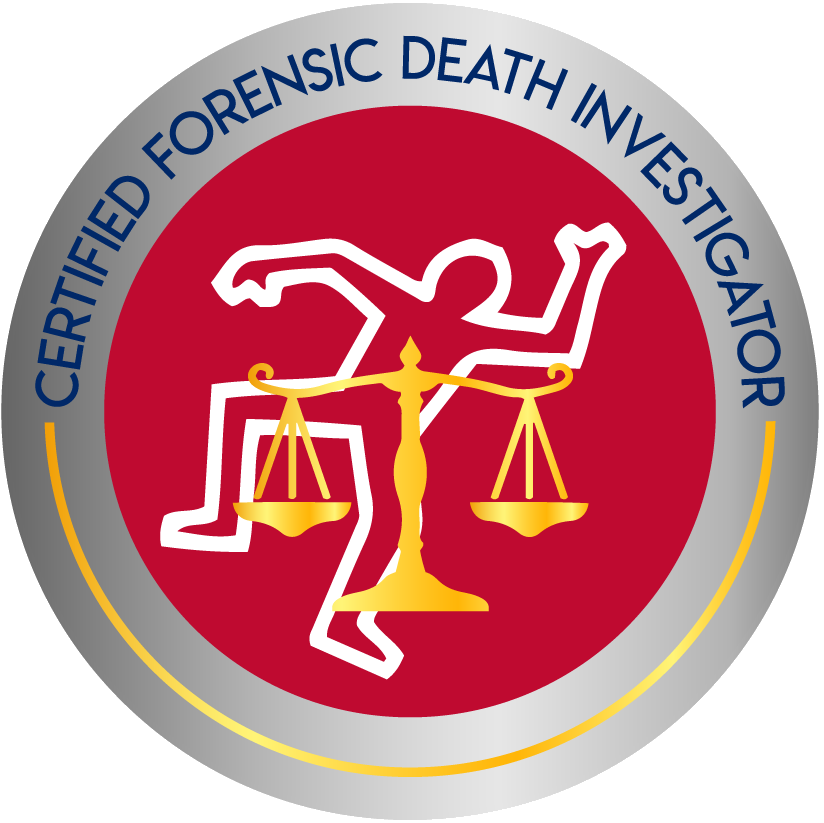
As private investigators we often check court records in the course of backgrounds, assets, and skip tracing - and the court records are often redacted of certain identifying and contact information, if we are permitted to view this otherwise public record. The other issue complicating our job is that certain files are being destroyed after a set number a years after the case is closed. These include non-violent misdemeanors and other offenses considered minor. Although it may differ by locale, in many jurisdictions these issues are further complicated by the myriad of statutes, department policies and judicial directives.
In my books and presentations detailing background and skip tracing methodologies, I have stressed the importance of not relying on only online databases - public and private - there are advantages to communicating in-person, via telephone and by mail. There is also an importance to knowing how the same record, or information from the record, can be obtained from a different source. Here is a recent experience that I hope serves as a guide - from the importance of our access to records, to the importance of having a variety of sources for records.
The case background was to locate a person to determine if they may have standing as a plaintiff in a lawsuit. The subject had been estranged from her family since a divorce in 2001. Standard database searches revealed only an old address, truncated social security number, correct date of birth, and two middle names (one was her maiden name). The phone numbers were disconnected and the property she had owned was sold during the divorce proceedings, with all records going to the ex-husband. The only public records were from an online court records search - three cases, the most recent 2005; there is often only very limited information in this online Registry of Actions[1] for public use. First was a visit to the court house where it was determined that the files are destroyed after only four years. A nice conversation with the clerk got me their official Registry of Actions - which included the address, phone number, driver's license number, date of birth, etc. (everything I actually wanted from viewing the file). Next was a visit to the police department to get the full incident report, tow records, citation (including the backside - important for officer comments), driver license number, phone number, and different residential address, etc. Following that was a drive-by of the house to spot the vehicle noted in the citation and a phone call to the attorney recommending they call the subject to set up an appointment. Had this information not been current, and I expected it would not be, I had developed multiple useful leads enroute to the address for immediate follow-up - from who owned the property (same as in 2001) to the phone number (same as the property owner); the subject was not listed on any of the records.
The moral of the story is that none of the information was available via online databases (except a full social security number, which still produced nothing current). We often forget about the court's Registry of Actions - including the clerks. More important, clerks often do not think of redacting information from the Registry of Actions (the judicial directive in Colorado is to redact from the file for viewing and copies from the file). When asking for copies of a record or report - ask for anything you can think of that would be available. Do not limit yourself to the obvious, and if you are unsure - ask the clerk what is available. Many of us forget about going to the source of the record - the traffic citation in this case. In most jurisdictions, particularly known to be so in Colorado, police departments are not yet under any directive to redact information (except juvenile data and social security numbers. There is more than one way to skin a cat. It is important to also consider that some insurance companies do not cover the use of on-line records without a verifying hand-search. This is for the same reason we should not consider only online records – the GIGO factor. Garbage In Garbage Out. Errors can create problems with searching and the results. Intentional errors can be made by the applicant, or spelling errors of the applicant or clerk, as well as typos and unintentional errors by the clerk.
So, next time you are stumped - think outside of the box, make a phone call and ask all the right questions (without tipping off your end goal) and make a personal visit if possible. I have had many informative conversations with various clerks and it’s nice to put a friendly face out there for next time. That beginning clerk that is learning and irritating with their lack of knowledge may be the supervisor next month, year or 10 years.
Finally, keep in mind that it does not take long for our legal methodologies to come under attack. Be tactful, courteous and responsive to those we deal with. Don't give away your options if you are denied a record; as an example, don't say 'that's fine, I'll just go to the police department and get it'. First, when confronted with a clerk who will not provide what you know is a public record, ask to get the refusal in writing along with the applicable cite that you can take back to your attorney (client, supervisor, etc). Next, think about what your experiences have been. In this situation you are pulled over, receive a citation and go to court. What are the points of contact for this experience? What paper work is filed and where? Genealogists are well known for relying on scouring records - and the unusual - not just online databases, check with a genealogist for their experiences.
As a member of NCISS, and hopefully your state association, you have taken an important step in ensuring that you and your colleagues remain in business and our professions survive. Unfortunately, we continue to see the attacks on our profession that, often indirect due to legislation, have unintended consequences. With our profession comes great responsibility and ethics. Part of this responsibility is to prevent abuse of our access to public records – what remains of our access – and project the pride and skills we possess through the image the public has of us.
[1] Registry of Actions may be different in your jurisdiction. This is typically the synopsis of the case progress – a docket report.
----------
Dean A. Beers, CLI, CCDI is a Certified Legal Investigator and Certified Criminal Defense Investigator, and expert in criminal defense homicide and civil equivocal death investigations. He is certified in Medicolegal Death Investigations and is a POST certified instructor, and has served as a forensic autopsy assistant. He has lectured extensively and authored multiple articles, peer-reviewed white papers, and provided expert testimony on Protocols of Private Investigation, and Forensic Investigation of Injury Pattern Analysis, as well as consulted as a subject matter expert in Equivocal Death Analysis, Injury Causation, Time of Death, Crime Scene Analysis, Investigative Protocol, Evidence Protocol, and Forensic Photography.
He authored Practical Methods for Legal Investigations: Concepts and Protocols in Civil and Criminal Cases, released by CRC Press in February 2011, and previously Professional Investigations: Individual Locates, Backgrounds and Assets & Liabilities.
He founded his agency in 1987 and operates it with his wife Karen S. Beers, BSW, CCDI, with whom he co-developed Death Investigation for Private Investigators online continuing education for 14 states.
Mr. Beers is the Board Chairman of the Professional Private Investigators Association of Colorado, Region 6 CLI Representative of the National Association of Legal Investigators with a column ‘Forensic Focus’ in NALI's trade magazine ‘The Legal Investigator’, Region 5A Director of the National Council of Investigation and Security Services, Member and Forensic Investigations Advisor of the Criminal Defense Investigation Training Council, Membership Ambassador (North America - West) for the World Association of Detectives, Affiliate Consultant member of the National Association of Medical Examiners, International Association for Identification, and Mensa USA. He is also an affiliate member of both the Florida Association of Licensed Investigators and Texas Association of Licensed Investigators.
He began his investigative career in 1987 and operates Associates in Forensic Investigations LLC, with his wife, Karen, also a CCDI and legal investigator certified in Medicolegal Death Investigations. They have two daughters, a granddaughter and identical twin grandsons.


